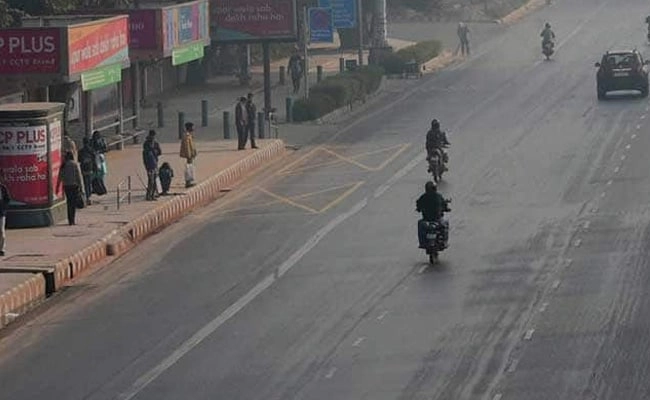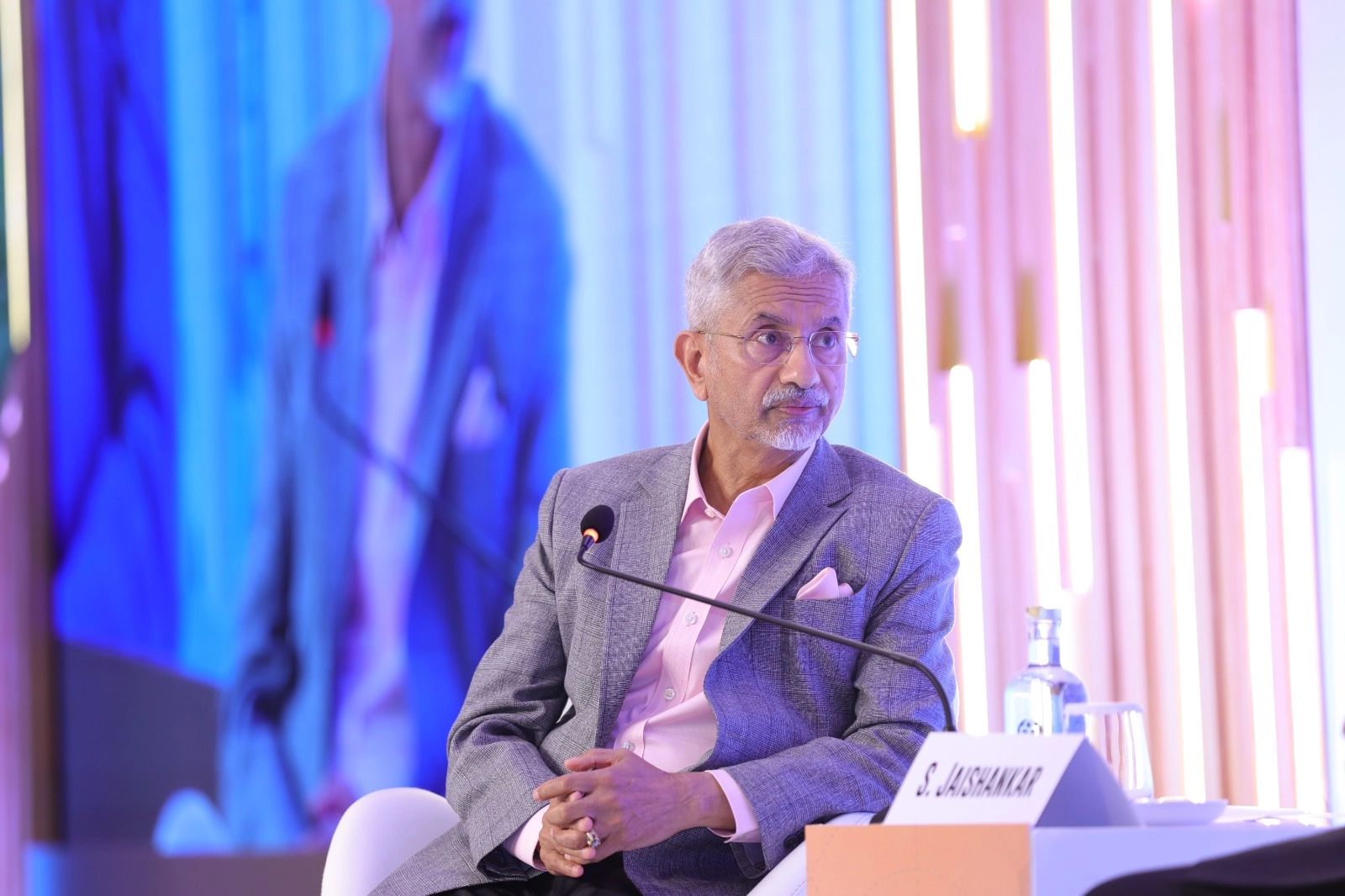Manjot Singh is an Indian national who has recently garnered attention due to his detention by U.S. immigration authorities following a series of six arrests. His case sheds light on the complexities surrounding immigration enforcement in the United States, particularly as it pertains to individuals with criminal records. Singh’s encounters with the law have raised questions about the intersection of immigration policy and criminal justice, especially in a landscape where many individuals are navigating the challenges of legal status.
Singh’s journey began when he arrived in the United States with hopes of building a better life. However, subsequent legal troubles have led to his repeated arrests, which, according to U.S. immigration policies, can complicate an individual’s residency status. After six arrests, he was ultimately detained by U.S. Immigration and Customs Enforcement (ICE), a move that underscores the agency’s focus on individuals who have a history of criminal activity, regardless of their immigration status. This situation highlights the precarious position many immigrants find themselves in, as a criminal record can lead to deportation, regardless of the circumstances surrounding their offenses.
The case of Manjot Singh serves as a poignant reminder of the challenges faced by immigrants in the U.S. legal system. Many individuals, like Singh, come seeking opportunities but may find themselves entangled in legal issues that jeopardize their ability to remain in the country. Advocates for immigration reform argue that policies should take into account the broader context of an individual’s life, including their contributions to society and the circumstances surrounding their legal troubles. As Singh’s situation unfolds, it raises important questions about the future of immigration policy in the U.S. and its impact on the lives of countless individuals who share similar experiences. The intersection of immigration and criminal justice remains a critical issue that continues to provoke debate and calls for reform in the ongoing discourse surrounding these complex systems.




